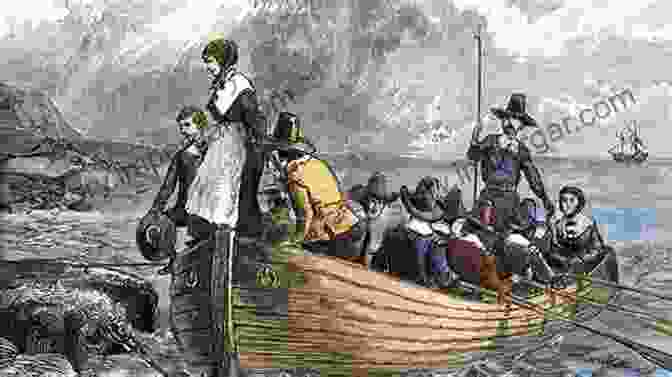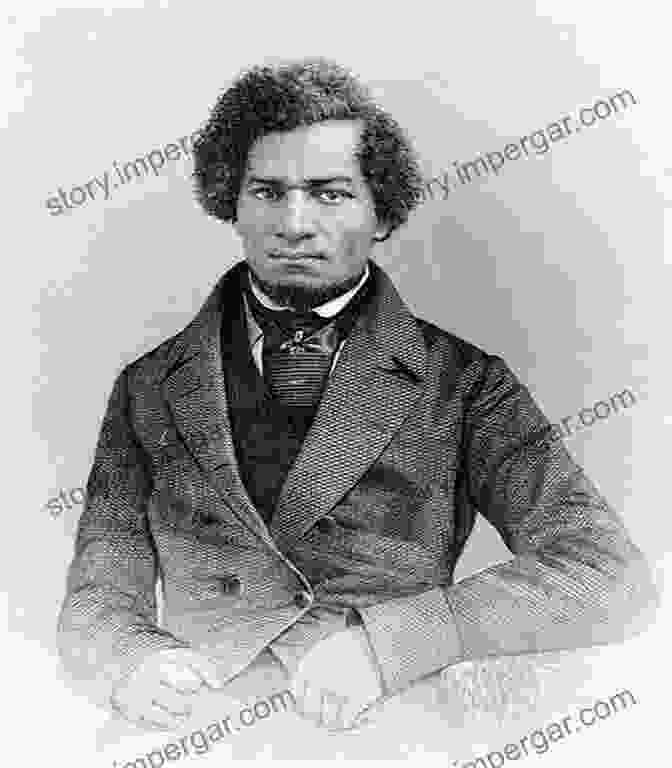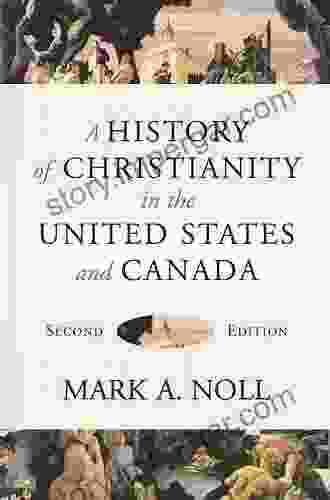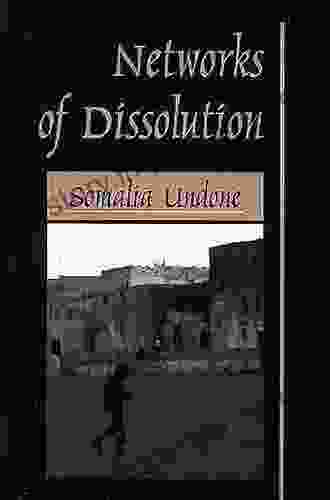Early Beginnings: Colonialism and the Spread of Christianity
The arrival of European colonists in North America marked the beginning of a new chapter in the history of Christianity in the region. The Puritans, who settled in New England in the 1600s, were deeply religious and established a theocracy that sought to impose their own beliefs on the population.
In contrast, the more tolerant Anglican Church played a dominant role in the southern colonies. Anglicanism was also the established church in Canada, although it faced challenges from other Protestant denominations, such as Methodism and Presbyterianism.

The Great Awakenings: Religious Revivals and Evangelicalism
The 18th century witnessed a series of religious revivals known as the Great Awakenings. These revivals led to a surge in evangelical Protestantism, which emphasized personal conversion and emotional experiences.
The Great Awakenings had a profound impact on American Christianity, leading to the rise of new denominations, such as the Methodists and Baptists. These denominations spread rapidly throughout the country, particularly in the frontier regions.

The Second Great Awakening and the Rise of American Evangelicalism
The Second Great Awakening, which occurred in the early 19th century, was even more influential than the first. This revival led to the rise of American evangelicalism, which became a major force in shaping the religious landscape of the United States.
Evangelicalism emphasized personal salvation, Bible study, and active outreach. Evangelical leaders, such as Charles Finney and Dwight L. Moody, played a key role in spreading the message of Christianity to new audiences.

Christianity and Social Reform: Abolitionism and the Civil War
Many Christian leaders played an active role in social reform movements, such as the abolition of slavery and the prohibition of alcohol. The abolitionist movement was particularly strong among evangelical Protestants, who argued that slavery was incompatible with Christian principles.
The Civil War divided the country along religious lines, with many northern Protestants supporting the Union and many southern Protestants supporting the Confederacy. The war had a profound impact on Christianity in both the United States and Canada, leading to the rise of new denominations and the decline of others.

The Modern Era: From Pentecostalism to Megachurches
The 20th century witnessed the rise of new Christian movements, such as Pentecostalism and the Charismatic movement. These movements emphasized spiritual gifts, such as healing and speaking in tongues.
The late 20th century also saw the rise of megachurches, which are large churches with thousands of members. Megachurches have become a significant force in American Christianity, providing a variety of services and activities to their members.

: Christianity's Enduring Impact
Christianity continues to play a vital role in the lives of many Americans and Canadians. It is a source of inspiration, comfort, and guidance for millions of people. The history of Christianity in the United States and Canada is a complex and fascinating story, one that is still unfolding today.
This book provides a comprehensive overview of this rich history, exploring the diverse expressions, challenges, and triumphs of Christianity across centuries. It is an essential resource for anyone seeking a deeper understanding of the role of Christianity in the United States and Canada.


























































































